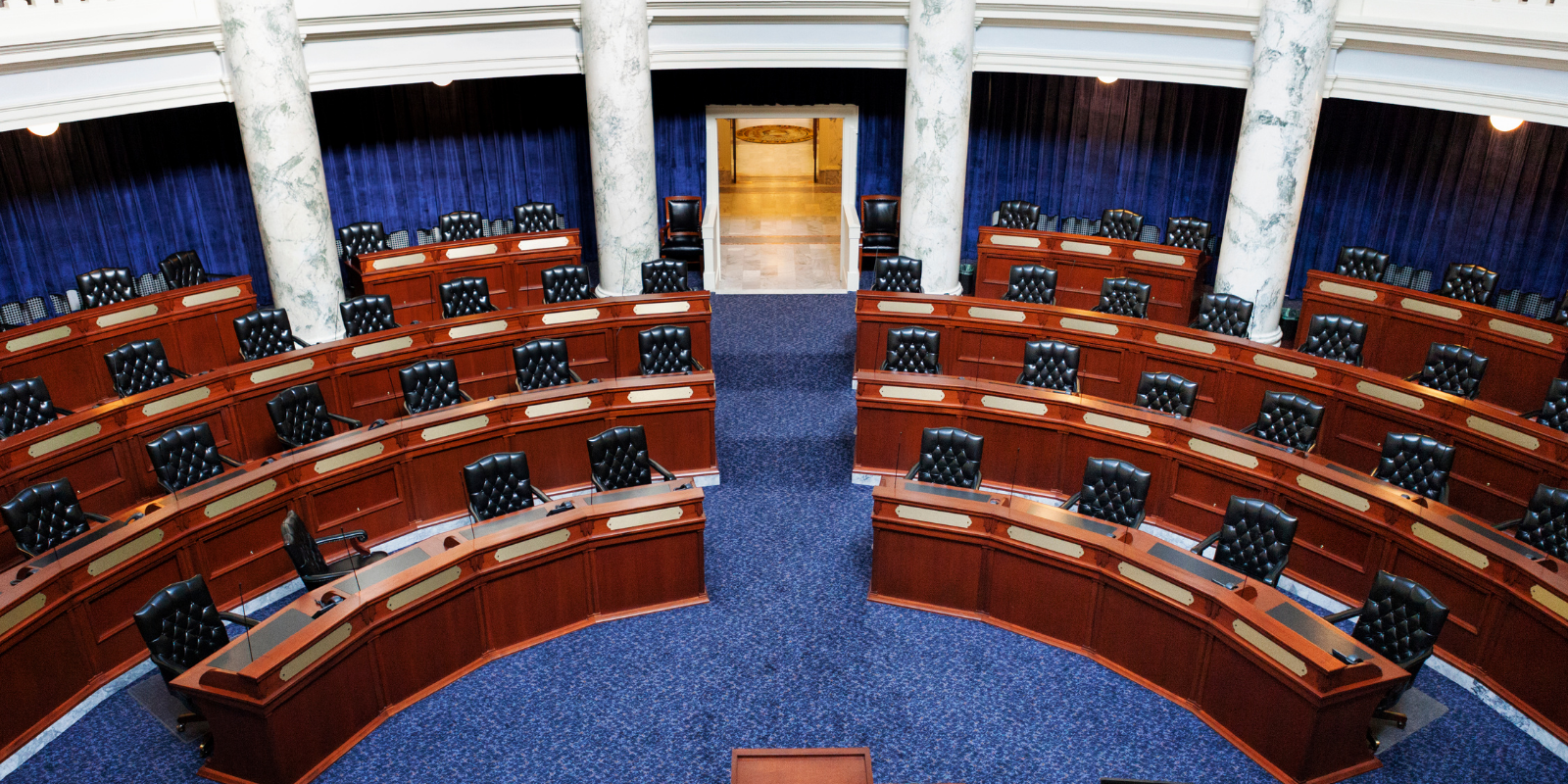Censorship laws are on the rise in Idaho and across the U.S. Idaho lawmakers are continuing a sustained assault on political, civic, and legal efforts to promote racial, social, and environmental justice—an attack evidenced by a litany of bills aimed to stifle dissent, speech, protest, academic freedom, and more. The trend comes at a moment when the federal government, in its relentless pursuit of a retaliatory political and legal agenda, has grown overtly hostile towards dissent and more confident in deploying extraordinary and illegal means to reach its goals.
This year’s batch of censorship bills span a range of issue areas. In some cases, speech restrictions target the LGBTQ+ community and trans folks; elsewhere, new laws restrict academic freedom in public schools. Throughout the 2025 legislative session, attacks on racial justice through bans on diversity, equity, and inclusion policy and practices were common, as were bills that dangerously restrict protest, in some cases altogether outlawing the possibility of peaceful assembly.
